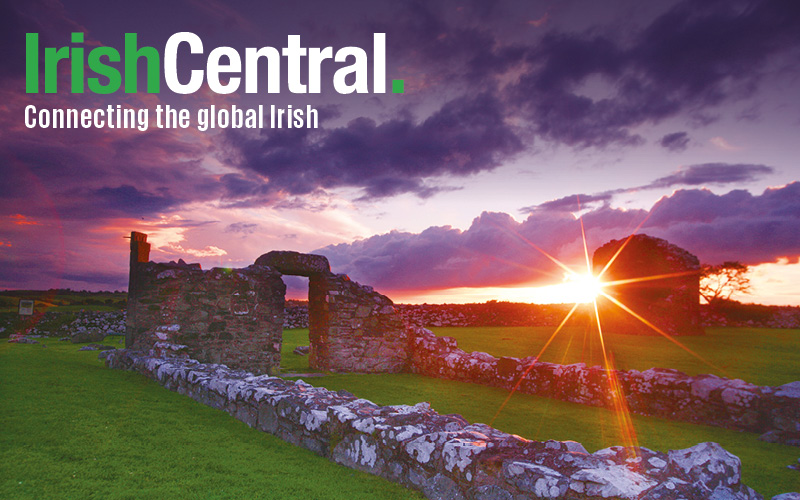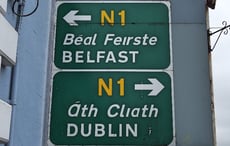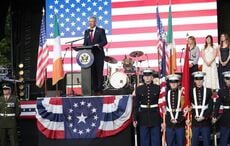A ruling by Oregon-based US District Court Judge Michael Mosman has determined that the Holy See, the episcopal jurisdiction for the Catholic Church in Rome, is not the employer of priests.
The Boston Globe reports on the outcome of the case that was first filed in 2002 when a Seattle-area man accused Reverend Andrew Ronan of repeated molestation during the late 1960s.
The case is historic in that it is the only one of its nature to progress this far in the US, and its decision will be influential in the rulings of other Church abuse cases.
Jeff Anderson, the Minnesota-based lawyer for the plaintiff, argued that all priests are employed directly by the Vatican, thus creating an employer-employee relationship. Therefore, in the instances of abuse, the Vatican would be forced to assume some responsibility.
In his argument, Anderson charged that the allegedly abusive Reverend Ronan’s ‘fealty to the pope, the Vatican’s ability to promote priests, the Vatican’s removal process, and the ability to change priests’ training all pointed to the Vatican employing priests.’
Anderson attempted to argue that by exerting varying amounts of control over priests, the Vatican thus becomes the employer.
However, the presiding Judge Mosman didn’t agree, and even drew an analogy to the legal bar and lawyer relationship. The legal bar holds some of the same power over lawyers that the Vatican does over priests, but the bar is not considered the employer of lawyers.
“There are no facts to create a true employment relationship between Ronan and the Holy See,” Mosman said in his ruling.
Mosman added that if exertion of control over priests defines the Vatican as the priests’ employer, then, in addition, all Catholics would have to be considered employees of the Holy See.
In the wake of Judge Mosman’s decision, Attorney Anderson said that there will be an appeal, and added that, ‘‘While we’re disappointed, of course, we’re not discouraged.”
In a news release, Anderson said that, “We believe that under further scrutiny, the courts will find that Vatican protocols and practice make it clear that obedience to Rome required the secrecy and concealment practiced by priests and bishops as the clergy abuse crisis unfolded in the United States.”
Jeff Lena, attorney for the Vatican, declined to comment on the outcome.
The Vatican has long maintained that its foreign country status protects it from being sued in US courts. Through a lower-court ruling, it looked to appeal that it could be sued in a US court on certain grounds, despite its claim of sovereign immunity - the US Supreme Court denied the appeal without comment in 2010.
With Mosman’s ruling, it is not yet clear how it can affect other abuse cases in the US.




Comments